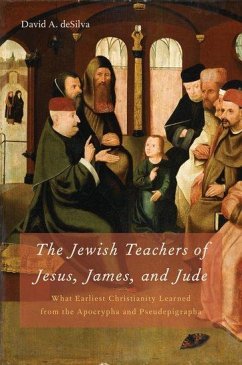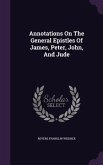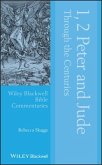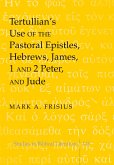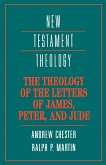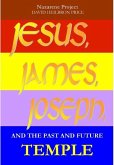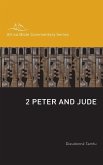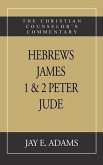Jews have sometimes been reluctant to claim Jesus as one of their own; Christians have often been reluctant to acknowledge the degree to which Jesus' message and mission were at home amidst, and shaped by, the Judaism(s) of the Second Temple Period. In The Jewish Teachers of Jesus, James, and Jude David deSilva introduces readers to the ancient Jewish writings known as the Apocrypha and Pseudepigrapha and examines their formative impact on the teachings and mission of Jesus and his half-brothers, James and Jude. Knowledge of this literature, deSilva argues, helps to bridge the perceived gap between Jesus and Judaism when Judaism is understood only in terms of the Hebrew Bible (or "Old Testament"), and not as a living, growing body of faith and practice. Where our understanding of early Judaism is limited to the religion reflected in the Hebrew Bible, Jesus will appear more as an outsider speaking "against" Judaism and introducing more that is novel. Where our understanding of early Judaism is also informed by the Apocrypha and Pseudepigrapha, Jesus and his half-brothers appear more fully at home within Judaism, and giving us a more precise understanding of what is essential, as well as distinctive, in their proclamation. This comparative study engages several critical issues. How can we recover the voices of Jesus, James, and Jude from the material purporting to preserve their speech? How can we assess a particular text's influence on Jews in early first-century Palestine? How can we be sufficiently sensitive to the meanings and nuances in both the text presumed to influence and the text presumed to be influenced so as not to distort the meaning of either? The result is a portrait of Jesus that is fully at home in Roman Judea and Galilee, and perhaps an explanation for why these extra-biblical Jewish texts continued to be preserved in Christian circles.
Hinweis: Dieser Artikel kann nur an eine deutsche Lieferadresse ausgeliefert werden.
Hinweis: Dieser Artikel kann nur an eine deutsche Lieferadresse ausgeliefert werden.

